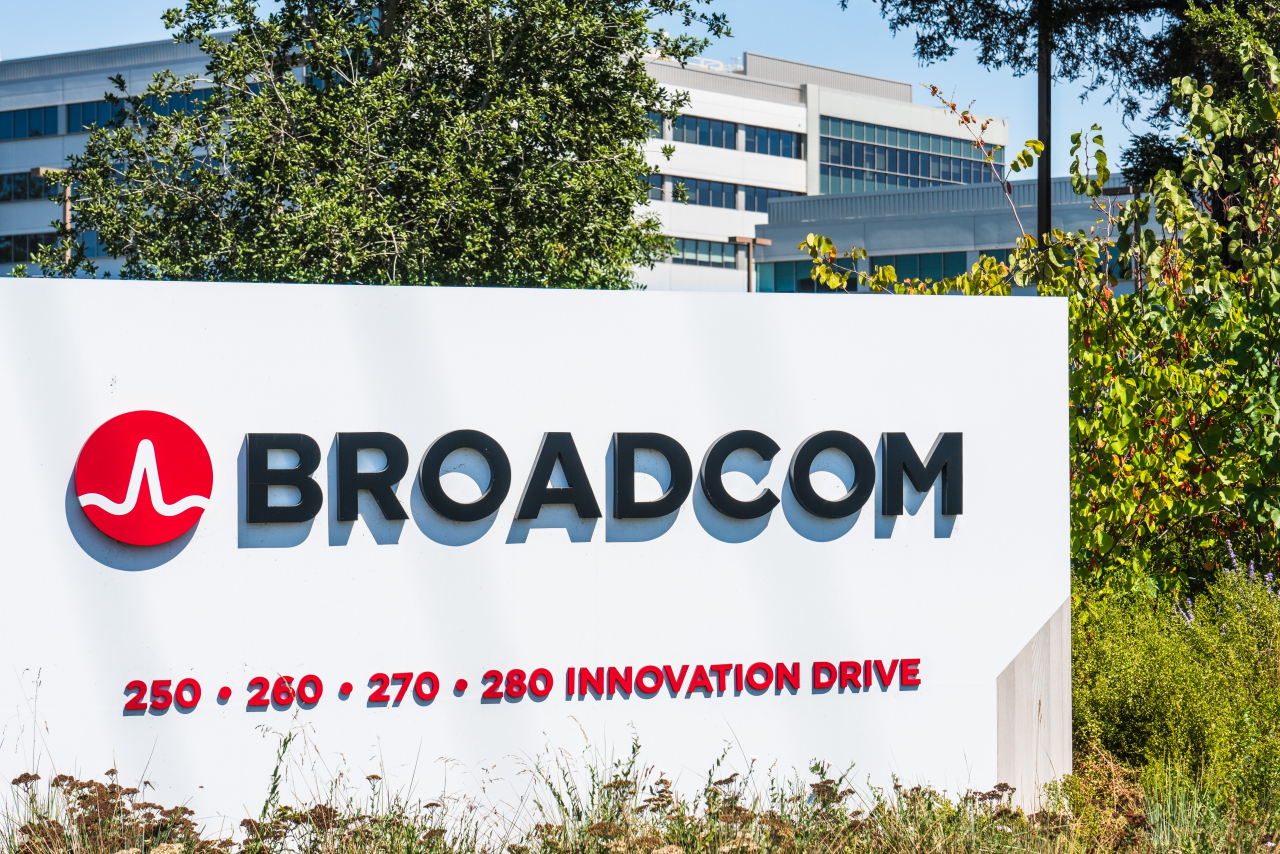 |
Broadcom headquarters in Silicon Valley, California. (123rf) |
US chipmaker Broadcom has voluntarily come up with corrective measures, including a fund of 20 billion won ($16.1 million), to support the local chip industry amid an ongoing antitrust probe into the company's alleged abuse of power against Korean clients, including Samsung Electronics.
On Monday, South Korea's Fair Trade Commission unveiled the measures tentatively agreed upon with Broadcom. In August last year, the FTC accepted the US company’s request to submit corrective measures voluntarily.
Broadcom had been under investigation for forcing Samsung and other smartphone makers to use telecom components on long-term contracts, which resulted in limited access to alternative parts.
The FTC said Broadcom’s revenue from its three-year supply deal with Samsung exceeded $700 million.
Samsung had reportedly sought to file a lawsuit against Broadcom but decided to resolve the case with the regulator for better efficiency.
The 20 billion won in funds will be used to support small and medium-sized semiconductor companies for their staff training and facility expansion. Samsung is also expected to benefit from the fund for their confirmed damages.
“It is difficult to estimate the accurate amount of damage caused by Broadcom’s abuse of power, but it is certain that the amount of the fund exceeds the maximum penalty we can impose on the company,” said Shim Jae-sik, the FTC’s anti-monopoly bureau director, during a press briefing earlier in the day.
Adding to the funds, Broadcom also plans to set up an antitrust compliance committee and a monitoring body to follow up on its corrective measures.
The company also vowed to stop unfair business practices such as limiting clients’ rights to choose components and do business with its rivals. The company also pledged to provide three-year warranty services for smartphone parts purchased by Samsung from March 2020 to July 2021, including those for the Galaxy Z Flip3 and Galaxy S22.
The FTC said it will collect opinions from related parties, including Samsung, until Feb. 18 to decide whether to close the case without imposing additional punitive measures.
There are several cases where the FTC resolved antitrust disputes with tech firms in recent years. Apple Korea and Naver each offered 100 billion won as part of pledges to better protect consumers and support smaller companies.







![[Today’s K-pop] Blackpink’s Jennie, Lisa invited to Coachella as solo acts](http://res.heraldm.com/phpwas/restmb_idxmake.php?idx=644&simg=/content/image/2024/11/21/20241121050099_0.jpg)